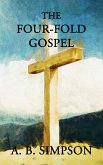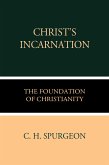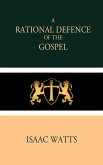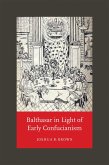With the substance of the book the reader is apt to become quite familiar. He reads John's Gospel, as he reads the synoptic Gospels, for the sacred story and the lessons that lie upon the surface.
But the average reader is exceedingly apt to miss the object of the book. If we are not greatly mistaken, very few readers can tell offhand why John wrote the book at all.
Yet Saint John is careful to state the object of his book. "These things are written, that ye may believe that Jesus is the Christ, the Son of God; and that believing ye may have life through his name" (20:31); just as near the close of his First Epistle, he states the object of that little tract, "These things have I written unto you, that ye may know that ye have eternal life, even unto you that believe on the name of the Son of God" (1 John 5:13).
Thus the Epistle completes the argument of the Gospel. In a former treatise entitled That Ye May Know we attempted to trace the line of argument of the Epistle; in the present treatise we attempt to do the same for the Gospel, by tracing John's argument, proving that Jesus is indeed the Christ, the Son of God, and the grounds given for such belief in Christ that we may have life through his name.
Trusting that the purpose of the Gospel of John may be realized by many readers, that they may be led to accept Jesus as the Christ, the Son of God, and find eternal life through faith in his name, this little book is sent forth.
Dieser Download kann aus rechtlichen Gründen nur mit Rechnungsadresse in A, B, BG, CY, CZ, D, DK, EW, E, FIN, F, GR, H, IRL, I, LT, L, LR, M, NL, PL, P, R, S, SLO, SK ausgeliefert werden.









